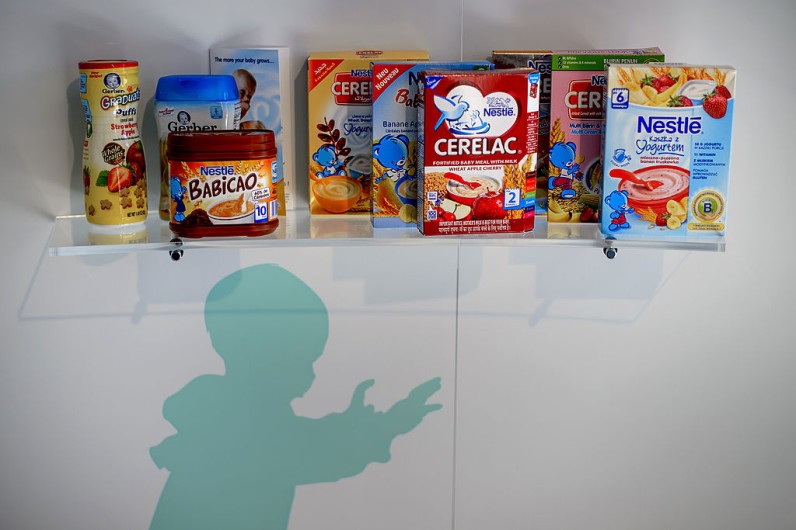A new investigation accuses Nestle of adding sugar and honey to baby-food products it sells in poorer countries. Because of this, many experts are condemning the world's largest consumer goods firm for this practice.

If you're a parent in Asia, Africa, and Latin America, here's why this latest issue with Nestle should concern you.
Nestle Allegedly Adds Sugar, Honey To Baby-Food Products in Poorer Countries
According to The Guardian's latest report, Public Eye campaigners sent samples of Nestle's infant milk, cereals, and other baby food products to a Belgian laboratory for testing.
The baby-food products that the Swiss investigative investigation sent to Belgium are sold in Asia, Latin America, and Africa. After testing the sample Nestle products, Public Eye discovered that the Swiss food firm adds sugar to its Nido as honey or sucrose.
Aside from Nido, sugar was also found in Cerelac. This is an alarming issue since Nido is a milk formula consumed by infants aged one and above. Meanwhile, Cerelac is a cereal for children between six months and two years old.
"Nestle must put an end to these dangerous double standards and stop adding sugar in all products for children under three years old, in every part of the world," said Public Eye's nutrition expert Laurent Gaberell.
Why Sugar is Dangerous for Infants
Exposing infants to sugar can have long-term effects. These include weakened immunity, increased sugar-related allergies, childhood obesity, tooth decay or cavities, etc.
Because of this, Public Eye condemns Nestle for adding sugar and honey to its baby food products sold in poorer countries.
The Swiss investigative organization said, "The pediatricians and child nutrition experts interviewed by Public Eye denounce a double standard."
"Whereas Nestlé recommends publicly to avoid baby foods that contain added sugar, it takes advantage of the weakness of existing regulations to continue selling such products in lower-income countries," it added.







Join the Conversation